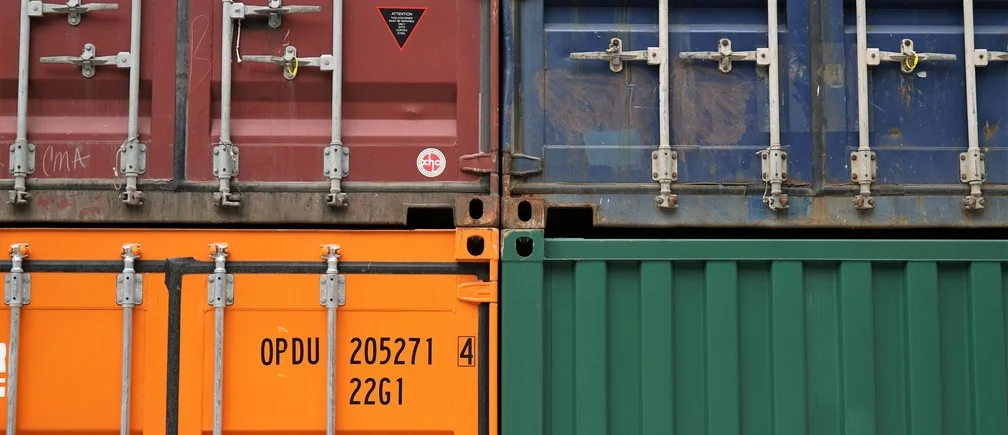This Blockchain concept is intriguing because it reminds me of the principles behind 10+2 Initiative with US Customs and Border Protection.
Wolfgan Lehmacher has written a compelling article for the World Economic Forum which can be accessed here:
I'll be honest. I'm intrigued but I'm still not entirely clear on how this can be used to enhance supply chain visibility for Customs and border processing. It's also not entirely clear yet how the trading community wants to implement this and how a Customs and Other Government Agencies will want to influence (if they should at all?).
A few years ago we worked on the Advance Trade Data Initiative for US CBP. This morphed into the 10+2 initiative and we now see those efforts promoted in the WCO Safe Framework of Standards. No other country that I know of has tried to implement those standards short of Canada bringing on an ability to receive a Bayplan/Stowplan as part of their reporting requirements for the trade. But here's what was interesting about 10+2: It was the first time a customs administration began to operate seemlessly in the supply chain by using the same data that was being used by the trading partners "as is" and "where is" in their day to day business. That's very different from regulating a declaration from an Importer and cargo data from a carrier at prescribed timelines.
The benefit here is you obtain the data at the moment it is created, which can be well in advance of your reporting timelines and regulations. If Customs in any country seeks to push the border out and virtualize the border with a common operating picture then these are the principles that should be seriously considered. That also tells me to pay attention to the blockchain concept.
It's many years away, but the trading community needs to think about how a Customs clearance or release interacts with the blockchain. Give them enhanced supply chain visibility, and access to the data "as and when" it is created. As long as improved controls and an ability to interdict serious threatscan be demonstrated, you can then promote a reduction or removal of legacy reporting requirements. Legacy reporting requirements and certain RKC annexes could actually prove to become obsolete. The World Customs Organization and the World Trade Organization have an opportunity now to help shape what this becomes but it seems like this isn't even on their radar.

